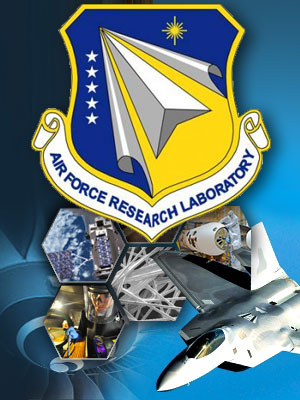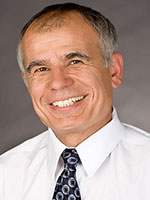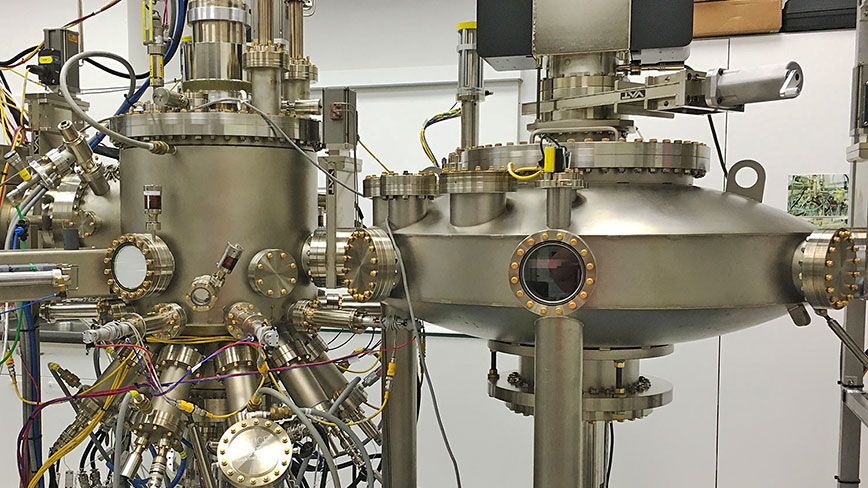Ganesh Balakrishnan, Payman Zarkesh-Ha are Co-PIs on project developing next-generation satellite electronics
Departmental News

Posted: March 1, 2017
The University of New Mexico has been awarded a $7 million contract from the Air Force Research Laboratory (AFRL) to develop and build new materials and devices for electronics in space.
The five-year contract was awarded this month to COSMIAC, a research center in the School of Engineering.
The contract is part of an AFRL project that will build faster electrical devices that are better-suited for space satellites. Researchers on the project will focus on developing alternative semiconductor materials for electronics that perform better than current materials in the harsh conditions of a space environment.

Christos Christodoulou
“This is one of the largest awards the School of Engineering has ever received, and this is an incredible opportunity to not just make an impact in the area of space materials but to showcase our capabilities in the School of Engineering,” said Christos Christodoulou, principal investigator on the project. “This is an important project that will strive to produce more robust space electronics, which will vastly improve the capabilities of satellites.”
Christodoulou, also a Distinguished Professor in the Department of Electrical and Computer Engineering and associate dean for research in the School of Engineering, will work with co-principal investigators Ganesh Balakrishnan and Payman Zarkesh-Ha, both professors of electrical and computer engineering, on the project.
UNM was chosen for the project after a national competition for the contract. The facilities provided at the Center for High Technology Materials (CHTM), an interdisciplinary science and engineering research center at UNM, were a major factor in AFRL awarding the project to UNM.

Payman Zarkesh-Ha

Ganesh Balakrishnan
CHTM provides the needed nanoscale design and fabrication for the project, and UNM is one of the few universities in the United States with those capabilities. In 2010, UNM acquired a $1.5 million molecular beam epitaxy machine that can build up semiconductor nanocrystals one atom at a time to develop new materials.
In addition, CHTM's research work "with metal organic chemical vapors when designing materials gives UNM a distinct advantage over other universities," said Jesse Mee, the Air Force Research Laboratory's program manager in Albuquerque for space technology and contact for the UNM contract.2
For the project, the UNM team will study advanced semiconductor elements, such as antimonide or gallium arsenide and nitride, as possible alternatives to silicon to create new foundations for electronic devices. Those materials could conduct electricity faster than silicon and offer better protection against radiation and other adverse conditions in space.
Outside of the research mission, Christodoulou said a possible future outcome of this project would be to develop a specialized online master’s program in space electronics, as well as to boost economic development in New Mexico.
A large portion of the work on the grant awarded to UNM will be performed at the Center for High Technology Materials.

When the Veeco Gen10 molecular beam epitaxy (MBE) machine was installed at CHTM in 2010, it was the first machine of its kind available for use in a university setting in the United States. It is a specialized state-of-the-art MBE that allows researchers to grow complex crystals with superior quality control. Robotic controls allow for automated wafer transfer and high system utilization by multiple operators.
Sources:
1. UNM's COSMIAC receives $7 million Air Force contract to fund next-generation satellite electronics - this UNM Newsroom article by Kim Delker has been republished for this post, with additional information from:
2. UNM wins $7M Air Force lab contract, by Kevin Robinson-Avila, Albuquerque Journal
3. Additional information regarding CHTM has been added.
